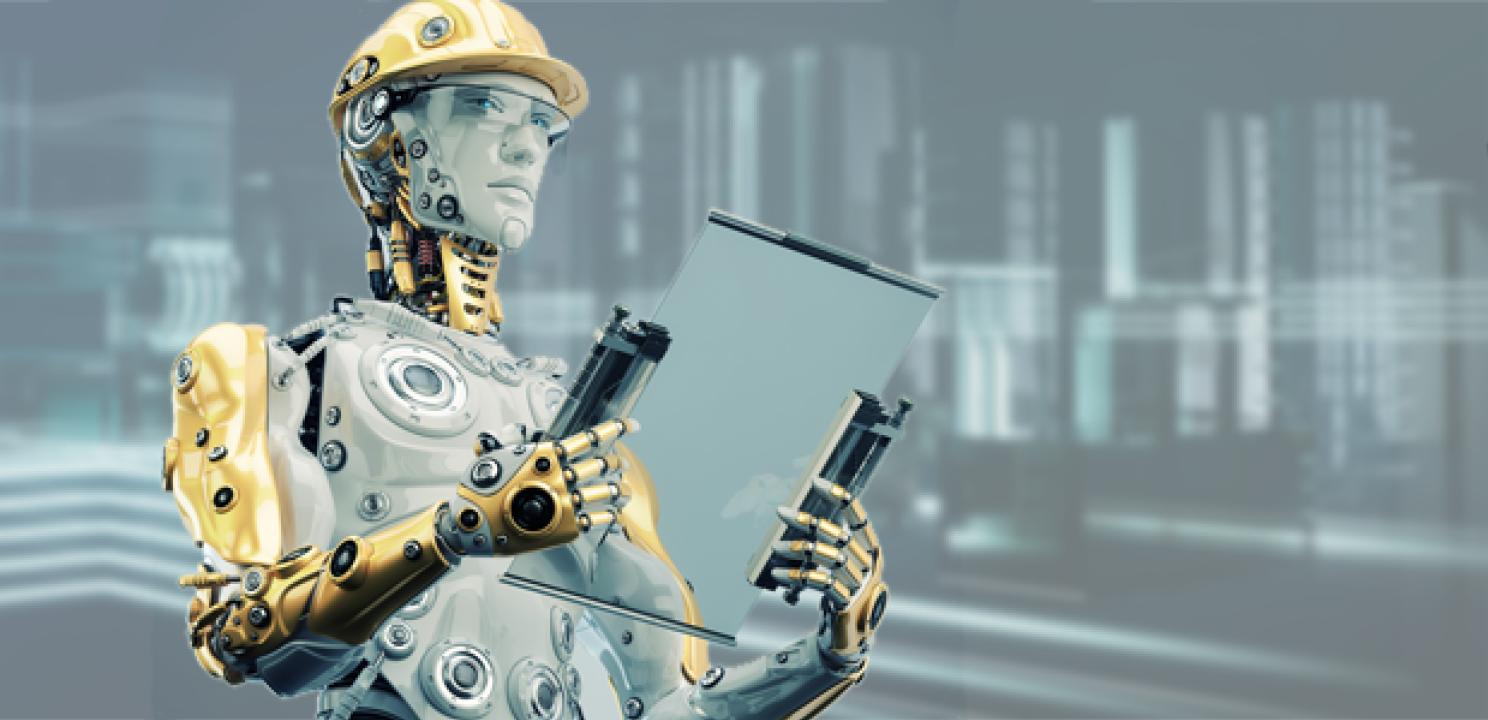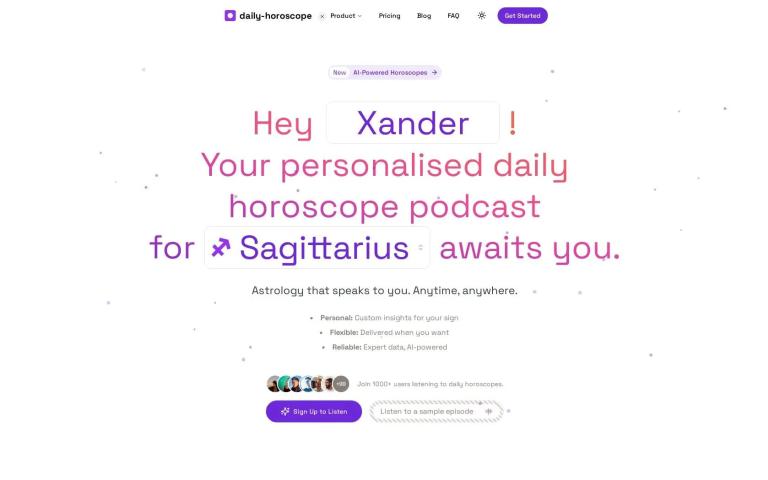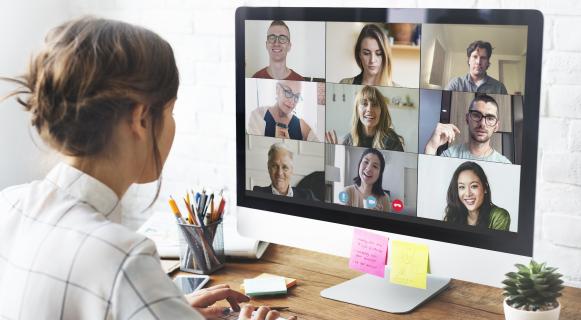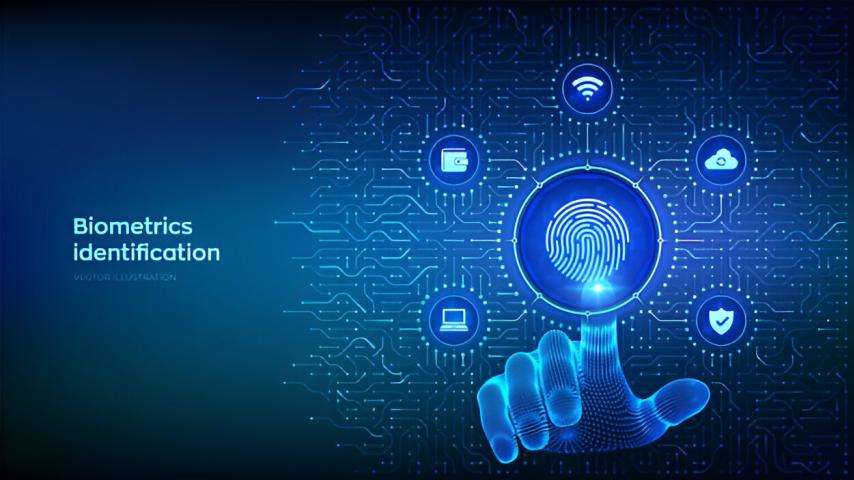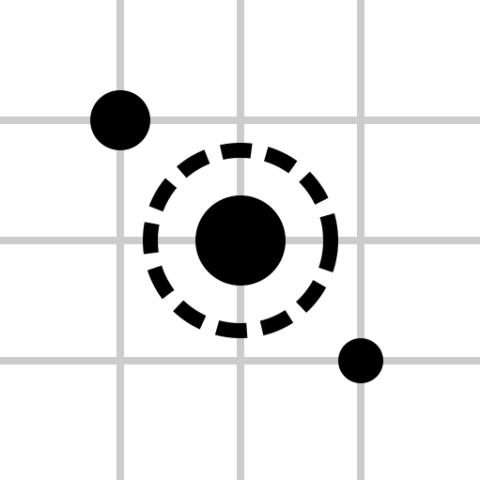Are you worried about your job security?
Wondering how AI might change the way we work?
You're not alone.
AI is advancing faster than ever.
And yes, it’s going to replace jobs.
But it’s also going to create new ones.
So, what’s the real deal?
Here’s what you need to know about the jobs AI will likely replace by 2030.
And what this means for you.
AI is Replacing Jobs Faster Than We Think
We’re already seeing AI take over repetitive tasks.
From customer service chatbots to automated data entry, AI is everywhere.
By 2030, it’s expected that AI will have replaced millions of jobs.
Some sectors will feel the pinch more than others.
Let’s break it down.
Jobs Most at Risk by 2030
1. Customer Service Representatives
AI-powered chatbots are getting better at handling customer queries.
They're available 24/7, don’t need breaks, and can handle multiple customers at once.
By 2030, many companies might shift to fully automated customer support.
2. Data Entry Clerks
Data entry is a repetitive task that AI can perform faster and more accurately.
With the rise of automation tools, manual data entry jobs are already declining.
Expect this trend to continue as AI improves.
3. Telemarketers
AI can handle sales calls and telemarketing with more efficiency than humans.
With AI-driven analytics, these systems can even predict which customers are most likely to buy.
So, by 2030, telemarketing might be almost entirely AI-driven.
4. Retail Cashiers
Self-checkout kiosks and AI-driven point-of-sale systems are becoming the norm.
As this technology evolves, the need for human cashiers will decrease.
5. Manufacturing Jobs
AI and robotics are revolutionising manufacturing.
From assembly lines to quality control, many manufacturing jobs are at risk.
AI-driven robots can work 24/7 without fatigue, reducing the need for human workers.
Jobs That AI Might Replace After 2030
1. Truck Drivers
Autonomous vehicles are already on the roads.
By 2035, self-driving trucks might be a common sight.
This could put millions of truck drivers out of work.
2. Medical Diagnosticians
AI is already assisting in diagnosing diseases with high accuracy.
As AI improves, it could take over diagnostic roles, reducing the need for human doctors in certain areas.
3. Financial Analysts
AI can analyse vast amounts of data quickly and efficiently.
By 2035, AI might replace financial analysts, especially in roles that involve data crunching and pattern recognition.
AI and Jobs It Will Transform, Not Replace
Not all jobs are going away.
Some will just change.
1. Healthcare
AI will assist doctors, nurses, and other healthcare professionals.
It will handle routine tasks like patient monitoring and data analysis.
This will allow healthcare workers to focus on patient care.
2. Education
AI can personalise learning experiences for students.
Teachers won’t be replaced but will work alongside AI to provide better education.
3. Creative Roles
AI can generate content, but creativity remains a human domain.
Writers, artists, and designers will collaborate with AI tools to enhance their work.
What Does This Mean for You?
AI is not just a threat.
It’s an opportunity.
To stay relevant, upskilling is key.
Focus on skills that AI can’t easily replicate—creativity, emotional intelligence, and complex problem-solving.
How to Prepare for the AI Revolution
- Learn new skills: Upskill in areas where AI is less likely to take over.
- Embrace AI: Understand how AI can enhance your job and learn to work with it.
- Stay adaptable: The job market is changing, and adaptability is crucial.
FAQs
Q: Will AI replace all jobs by 2030?
A: No, not all jobs will be replaced, but many will be transformed. The key is to stay adaptable and upskill in areas where AI is less likely to take over.
Q: What jobs are safe from AI?
A: Jobs requiring creativity, emotional intelligence, and complex problem-solving are less likely to be replaced by AI.
Q: How can I prepare for the impact of AI on my job?
A: Focus on upskilling in areas that complement AI, like data analysis, machine learning, and creative problem-solving. Staying adaptable is crucial.
Q: What industries will be most affected by AI?
A: Industries like manufacturing, customer service, and transportation are likely to see the most significant changes due to AI.
Final Thoughts
AI is here to stay.
It’s going to replace some jobs, transform others, and create new opportunities.
By staying informed and adaptable, you can thrive in the AI-driven future.
Let’s embrace the change and get ready for what’s coming.
